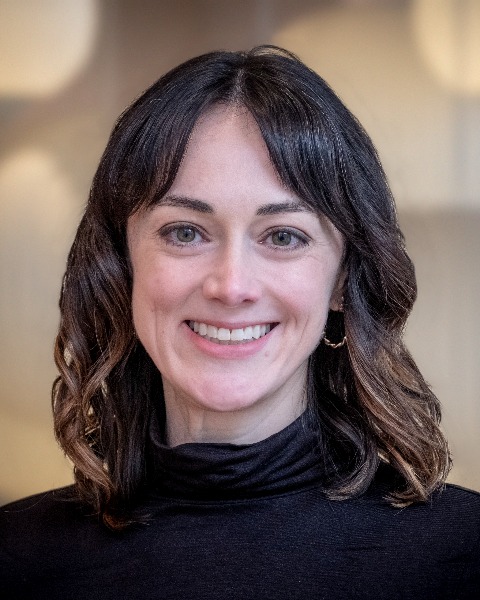Paper Presentation
Research Ethics and Social Sciences
Session: Data Sharing and Industry
Participant Perspectives on Data Sharing in Craniofacial Research: Qualitative Interviews with Participants with Craniofacial Microsomia and Their Caregivers
Saturday, September 21, 2024
11:30 AM – 12:30 PM CT
Location: Midway 7-8 (First Floor)
Keywords: participant perspectives, pediatric research
Abstract: Methodological advances, including the establishment of interdisciplinary and international networks, have allowed for large-scale data collection with patients and families affected by craniofacial conditions. At the same time, the NIH now strongly encourages researchers to deposit study data into national databases. While certain types of data transfers have been standardized, there is no specific guidance on what types of data to deposit related to phenotype. For individuals with craniofacial conditions, many of whom have visible differences and belong to rare disease communities, sharing phenotype may raise unique considerations. To fill this gap, we are conducting qualitative interviews (n=40) with English- and Spanish-speaking participants with craniofacial microsomia (CFM) and their caregivers about data sharing in craniofacial research. Drawing from current participants in CFM research, we are interviewing adolescents with CFM, adults with CFM, and caregivers of children with CFM. Interviews explore: (1) current expectations about research data collection and sharing, (2) reflection on the consent/assent language they reviewed at enrollment, (3) attitudes toward data sharing, including preferences for limitations on uses and users of data, and (4) remaining gaps in understanding and future needs. Data will be analyzed using thematic analysis techniques and preliminary findings shared about participants’ understanding and expectations about data sharing, the role of consent and assent, benefits and harms of data sharing in the context of CFM, and opportunities for improvement in data sharing policy and practice. We expect our findings will highlight unique considerations for the CFM community and areas in need of further examination.
Learning Objectives:
After participating in this conference, attendees should be able to:
- Recognize unique considerations for data sharing in craniofacial research.
- Describe patient and caregiver perspectives on ethical data sharing practices for craniofacial research.
Laura Stueckle – Seattle Children's Research Institute; Carrie Heike – Seattle Children's Research Institute

Stephanie A. Kraft, JD (she/her/hers)
Assistant Professor
Geisinger College of Health Sciences
South Orange, New Jersey
